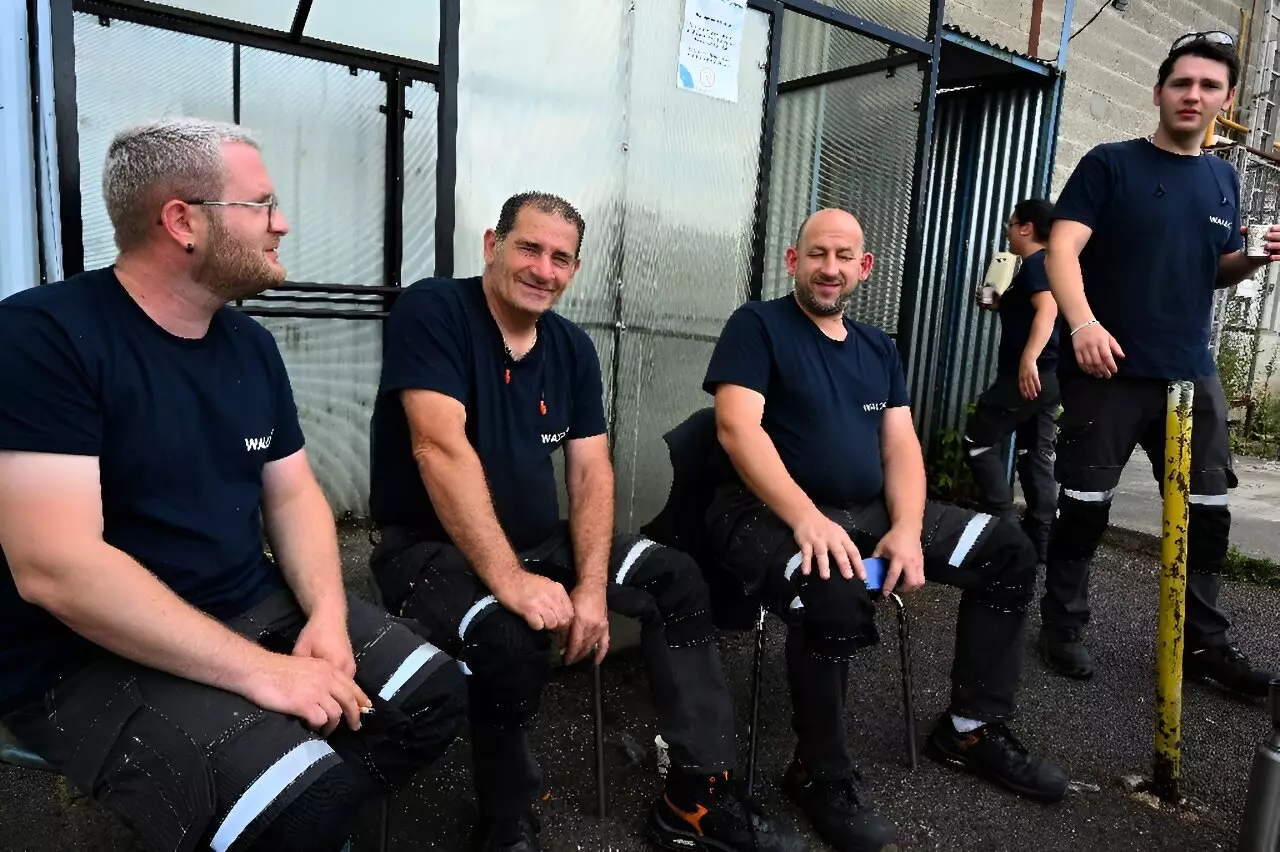As France moves towards phasing out combustion engine cars by 2035, the future for workers in the auto industry seems uncertain. While there is some optimism in certain regions, such as the emergence of a “Battery Valley” in the north of the country, workers at parts suppliers elsewhere are facing pessimism. With the sale of petrol and diesel engine cars allowed for only the next decade in Europe, the industry that employs 200,000 people in France is undergoing a forced march towards change.
The transition to electric vehicles poses significant challenges for auto industry workers across the country. Workers like Severine Person, a quality control expert at a manufacturing facility in the Ardennes region, are feeling the impact of the shift. Companies like Walor, which bought the facility, are struggling to adapt to the changing demands of the industry. Demand for certain components like transmission differential housings and engine manifolds is likely to see significant changes, putting jobs at risk.
While some regions are seeing positive developments in the form of battery “gigafactories” being built, others are facing closures and layoffs. In the north, companies like the Automotive Cells Company (ACC) are creating new opportunities for workers in the electric vehicle sector. However, in regions like Ardennes, factories are struggling to keep up with the transition. The mood among workers in these regions varies greatly, with some resigned to closures and others hopeful for new opportunities.
Companies like Stellantis are investing in training programs to help workers transition to new roles in the electric vehicle sector. At the joint venture’s battery training center in Douvrin, employees are receiving specialized training to oversee production lines in the battery factory. While these programs aim to create new job opportunities, there are concerns about whether they will be enough to prevent widespread job losses in the industry.
The transition to electric vehicles is expected to put thousands of jobs at risk in the auto industry. Studies indicate that job losses in the sector could reach up to 65,000 by 2030, with the shift to electric engines leading to 40,000 job losses over the next decade. Economists like Bernard Jullien warn that the industry is likely to see a significant reduction in overall employment, possibly down to 100,000 jobs or even less. This uncertainty is leading to fears of offshoring and cost-cutting measures by manufacturers.
As France grapples with the challenges of transitioning to electric vehicles, the future of the auto industry remains uncertain. While the shift towards electric cars presents new opportunities for some regions and workers, others are facing closures and layoffs. Companies and workers alike are navigating a changing landscape, with job insecurity and offshoring looming large. The impact of this transition will be felt across the industry, reshaping the workforce and the future of auto manufacturing in France.


Leave a Reply
You must be logged in to post a comment.